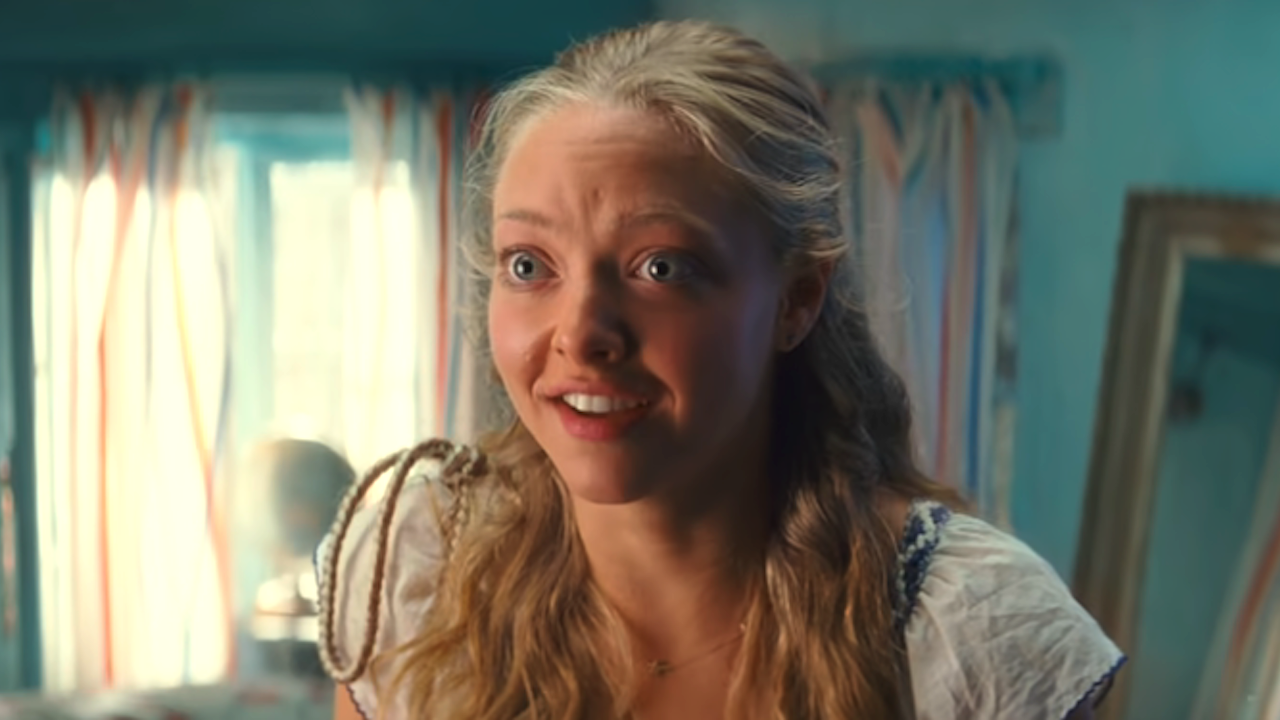Last winter Dan Stevens broke hearts on either side of Atlantic by leaving the beloved series Downton Abbey so he might better pursue other opportunities. Well, with the British film Summer in February, he's far from breaking new ground, playing a dreamy blue-blood gentleman who falls for a fickle brunette in pre-World War I England. It's a shame it can't compete with the acclaimed mini-series.
Jonathan Smith adapted his historical novel of the same name into this romantic drama, directed by well-established TV helmer Christopher Menaul. Its focus is the true and tragic story of the love triangle that formed between celebrated English painter Alfred Munnings (A.J. to his friends), lovely aristocrat Florence Carter-Wood, and noble soldier Captain Gilbert Evans.
In an Edwardian era where much was still taboo, A.J. (Dominic Cooper) and his circle of Cornwall bohemians defy convention, yearning for beauty, passion and art above all else. Their siren song attracts the bright-eyed aspiring painter Florence (Emily Browning), who soon finds herself drawn to two very different men.
A.J. is the center of attention at every social event, paying for bar tabs with impromptu doodles and reciting poetry with a moody delivery. He's quite charming; every character says so. And it's a good thing because otherwise I would have thought him a boorish and self-important bully. For all his dark moods, tantrums and violent outbursts, A.J. is--we're assured by his friends--an artistic genius. Gilbert (Stevens) is a seemingly simpler man. Blonde, clean-cut, kind, and always the gentleman; he is essentially A.J.'s opposite. In theory, this would make for a fascinating unfurling of romance and conflict. Sadly, this love story's drama feels frustratingly shallow.
The performances within Summer in February are serviceable. Browning is a vision in Edwardian garbs, and her skin is so insanely milky that it’s no wonder these two men practically go mad in want of touching it. But her teary turn lacks depth, leaving me with a yearning for something more profound. At first, Cooper is compelling as this tortured artist who monologues about the importance of his horse paintings, but the screenplay offers him no real arc. So he's left to be one-note and increasingly grating. For his part, Stevens is charming as Gilbert, But to be honest, between the era's suits and societal constraint, this role seemed so similar to Downton's Matthew Crawley, I admit I may have been predisposed to fall for him.
Still, it's hard to blame the actors of Summer in February when the narrative they're meant to carry is so shapeless and flawed. One major issue is there's no sense of how much time has passed for most of the film. From Florence's fateful introduction to these two distinctive men to her dueling flirtations, and her final decisive act, there's no way to tell if its been days, months, or even years that have flown by. Without this, it's difficult to get a sense of the stakes of these relationships, which undermines the film's central drive and plot.
Summer in February seems to strive for the emotion and subtlety of Merchant Ivory movies, but sadly Menaul's movie offers neither. He shows a clunky hand at transitioning from one sequence to the next, and little skill in navigating the actor's through scenes that lack strong out points. Instead, several scenes end in yelling and Florence running away. Smith's dialogue offers another problem, filling the performer's mouths with enigmatic nonsense and ridiculous pronouncements alternately. In the end, it's a miserable movie about miserable people, and we're left to wonder why. But any further time spent considering this forgettable romance feels wasted.
Your Daily Blend of Entertainment News
Staff writer at CinemaBlend.


